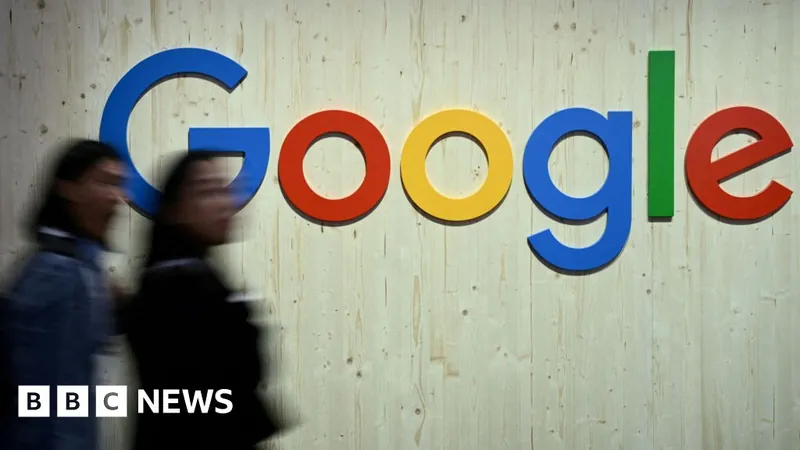
Google Turns to Nuclear Power for AI Data Centres: A Bold Move for the Future!
2024-10-15
Author: Emily
Introduction
Google has made headlines with a groundbreaking deal to harness the power of small nuclear reactors, aiming to fuel the immense energy demands of its artificial intelligence (AI) data centres sustainably. This innovative partnership with Kairos Power is set to see the initial reactor operational within this decade, with plans to roll out additional reactors by 2035.
Energy Demands and AI
While details regarding the financial implications of this agreement or the exact locations for the reactors remain undisclosed, the technology sector's shift towards nuclear energy is undeniable. As AI continues to grow and evolve, the necessity for substantial electricity sources becomes even more acute.
Statements from Google and Kairos Power
Michael Terrell, Google’s senior director for energy and climate, emphasized the importance of this initiative. He stated, 'The grid needs new electricity sources to support AI technologies. This agreement helps accelerate a new technology to meet energy needs cleanly and reliably, unlocking the full potential of AI for everyone.'
Kairos Power’s executive, Jeff Olson, remarked that this collaboration is pivotal in advancing the commercialization of advanced nuclear energy solutions. He described it as crucial for decarbonizing power grids and showcasing the technical and market viability of new nuclear technologies.
Regulatory Approvals Required
However, before the plans can move forward, they must receive approval from the US Nuclear Regulatory Commission and local regulatory bodies. Recently, Kairos Power gained its first permit in over 50 years to construct a new type of nuclear reactor, a significant milestone in the industry. They have already commenced building a demonstration reactor in Tennessee that will utilize molten fluoride salt as a coolant, a notable departure from the conventional water-cooling systems used by traditional nuclear plants.
Nuclear Power and Environmental Considerations
As the tech world grapples with soaring energy demands, nuclear power—a virtually carbon-free energy source that can provide continuous electricity—has gained considerable attention. Goldman Sachs projects that global energy consumption by data centres could more than double by the decade's end.
Global Commitment to Nuclear Energy
In a broader context of climate action, the US, at a recent United Nations Climate Change Conference, joined several nations in a commitment to triple their nuclear energy capacity by 2050 as part of a concerted effort to transition away from fossil fuels.
Controversy Surrounding Nuclear Energy
Nonetheless, this shift is not without its controversies. Critics continue to express concerns regarding the inherent risks associated with nuclear energy and the long-term radioactive waste it generates. This skepticism is highlighted by recent developments in the tech sector. For instance, Microsoft has made waves by agreeing to restart operations at the infamous Three Mile Island energy plant, site of the worst nuclear disaster in US history in 1979. Additionally, Amazon announced a purchase of a nuclear-powered data centre in Pennsylvania, hinting at an industry-wide move towards these alternative energy solutions.
Conclusion
As Google forges ahead with its ambitious nuclear plans, the implications for both the environment and the future of AI technology are immense. Will this bold decision redefine energy consumption in tech, or could the shadows of past nuclear incidents loom large over this promising venture? Stay tuned!
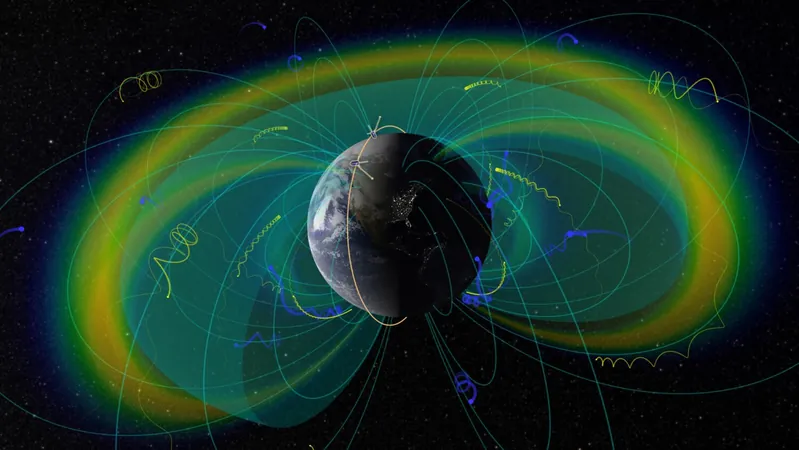
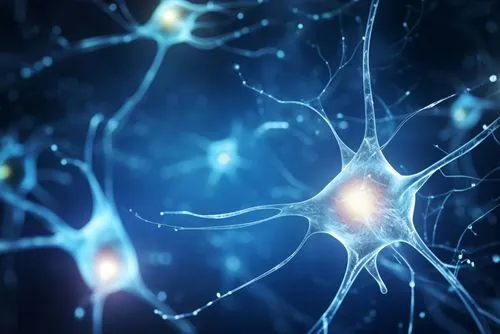



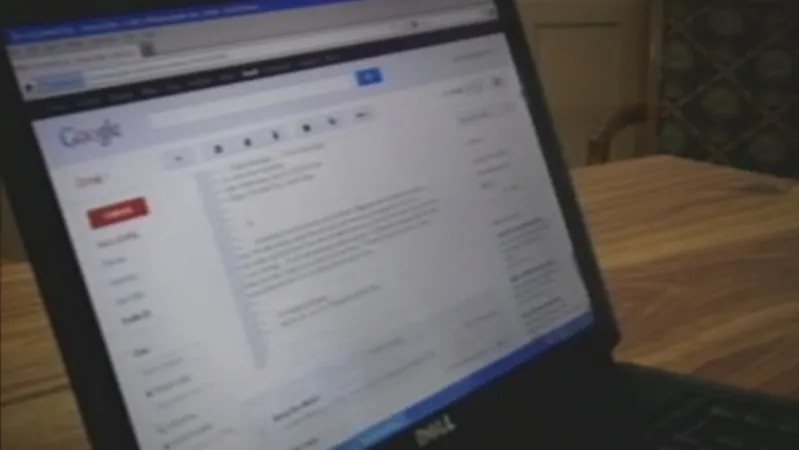
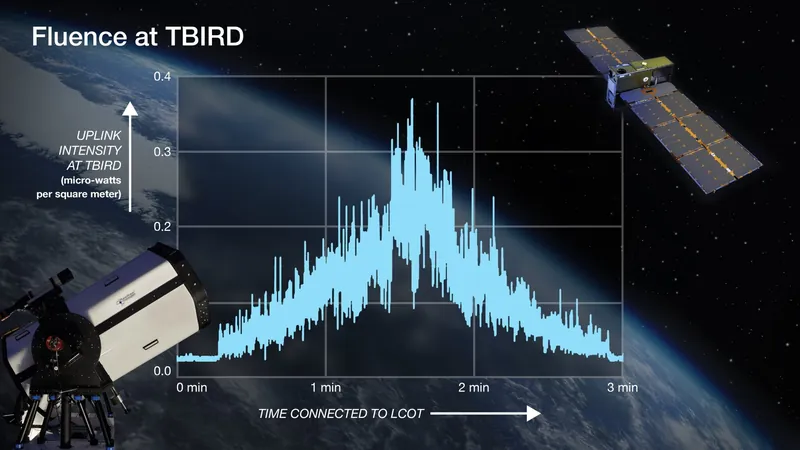


 Brasil (PT)
Brasil (PT)
 Canada (EN)
Canada (EN)
 Chile (ES)
Chile (ES)
 España (ES)
España (ES)
 France (FR)
France (FR)
 Hong Kong (EN)
Hong Kong (EN)
 Italia (IT)
Italia (IT)
 日本 (JA)
日本 (JA)
 Magyarország (HU)
Magyarország (HU)
 Norge (NO)
Norge (NO)
 Polska (PL)
Polska (PL)
 Schweiz (DE)
Schweiz (DE)
 Singapore (EN)
Singapore (EN)
 Sverige (SV)
Sverige (SV)
 Suomi (FI)
Suomi (FI)
 Türkiye (TR)
Türkiye (TR)